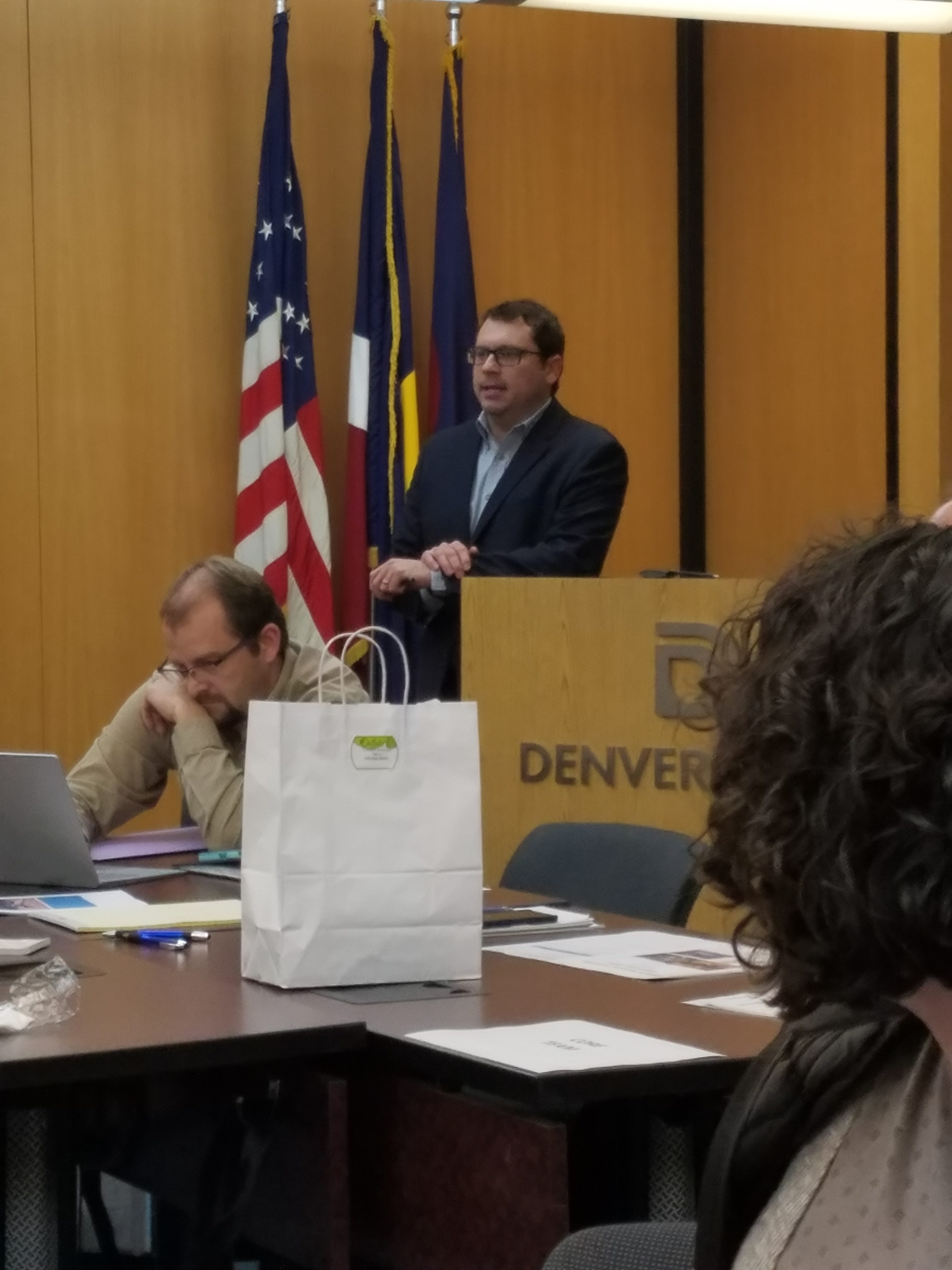
Denver Water experts roll the dice on drought
Just like in the game of life, Colorado’s weather and drought outlook can change swiftly, like a roll of the dice.
That’s why Denver Water’s drought response committee held their first meeting of 2019 in mid-January, to review current snowpack levels, weather forecasts and participate in an annual training exercise.
“The drought response committee is made up of subject matter experts from across Denver Water,” said Jason Finehout, the organization’s drought preparedness coordinator. “By ensuring every critical section is represented, we can all stay on the same page and build our plan together.”
Originally formed after the 2012 drought, the committee meets twice a year in normal or wet years and more frequently during dry times to discuss scenarios and strategy.
Denver Water uses lessons learned from past droughts to be responsive to ever-changing conditions.
“No drought is the same,” said Greg Fisher, Denver Water’s demand planning manager, during his presentation to the committee.
How much water is expected to be available can change quickly from year to year and even month to month. Among the variables are the previous year’s conditions, population shifts, warming temperatures and Denver Water’s operational constraints and legal obligations.
But one thing remains the same every year: Winter is the time when Colorado gets most of its water.
The high country typically picks up a half inch of precipitation every week during the winter months, Nathan Elder, Denver Water’s manager of water supply, told the group.
But one dry week during the storm season can have a big impact on the amount of snowpack, which can quickly change Denver Water’s outlook for water supply.
And snowpack isn’t the only factor dictating how much water will end up in Denver Water’s reservoirs.
“It's important for everyone to realize that just because you have above-normal snowpack in the winter that does not mean you will also have above-normal runoff in the spring,” Elder said.
That’s because Mother Nature gets first dibs on the water.
If the soil is abnormally dry, due to dry conditions in the previous year, the soil will soak up a lot of the melting show. Only once the soil’s water needs are satisfied will the remaining water run off into streams throughout Denver Water’s collection system.
For instance, in 2018 the snowpack across the South Platte River basin peaked at 92 percent of normal, but the snowpack runoff was only 63 percent of normal.
The amount of runoff was one of the factors in play during the January drought committee meeting.
Denver Water experts engaged in a tabletop exercise — complete with dice — to strategize the organization’s response to different water supply scenarios.
During the exercise, a roll of the dice dictated if the snowpack was above average, or if the weather suddenly turned dry or even to drought. The experts had to react to the swiftly changing situation, much like they would in real life, by developing plans for operations and communications for customers and partners.
“We designed the exercise to build off of previous decisions and use random events so that it felt realistic. The added benefit is that the exercise plays differently each time we do it, making it a valuable tool for our staff,” explained Finehout.
Denver Water customers have done great in using water efficiently. Despite the historically hot temperatures during the summer of 2018, Denver Water’s customers still used at least 20 percent less water compared to similarly hot, dry stretches in past years.
They’ve done so by installing high-efficiency fixtures, water-smart landscaping and following Denver Water’s summer watering rules.
“Through training exercises like the one in January, Denver Water continues to prepare for all scenarios so that we can expertly manage and supply an essential natural resource to sustain our vibrant community — because water connects us all,” Finehout said.
If you are looking to improve your water usage, check Denver Water's website for efficiency tips and rebates.



